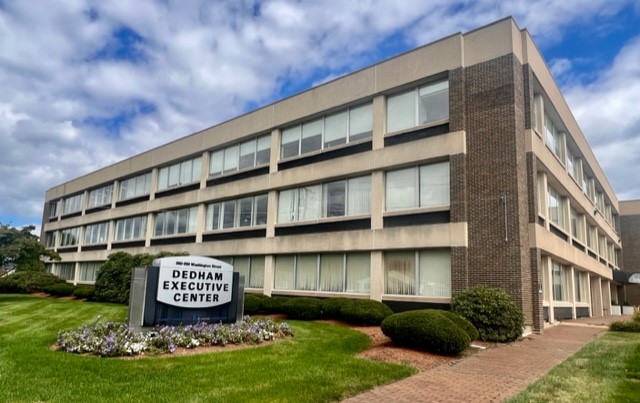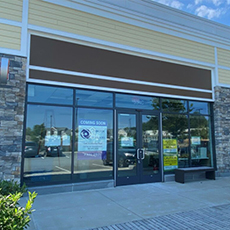Vision Therapy
What is vision therapy?
“Vision therapy” is a term used by optometrists. Optometrists define vision therapy as an attempt to develop or improve visual skills and abilities; improve visual comfort, ease, and efficiency; and change visual processing or interpretation of visual information. An optometric vision therapy program consists of supervised in-office and at-home reinforcement exercises performed over weeks to months. In addition to exercises, lenses (“training glasses”), prisms, filters, patches, electronic targets, or balance boards may be used. There are three main categories of vision therapy:
- Orthoptic vision therapy—This includes eye exercises to improve binocular function. Orthoptic eye exercises are used by pediatric ophthalmologists and orthoptists, while optometrists call it orthoptic vision therapy. When pediatric ophthalmologists and orthoptists prescribe orthoptic eye exercises, the exercises are taught in the office and carried out at home.
- Behavioral/perceptual vision therapy—This therapy includes eye exercises to improve visual processing and visual perception.
- Vision therapy for prevention or correction of myopia (nearsightedness).
Does orthoptic vision therapy work?
Orthoptic eye exercises as prescribed by pediatric ophthalmologists, orthoptists, and optometrists can be beneficial in the treatment of symptomatic convergence insufficiency.
Does behavioral vision therapy work?
Behavioral vision therapy is considered to be scientifically unproven.
Does vision therapy for the prevention or correction of myopia work?
There is no evidence that vision therapy delays the progression or leads to correction of myopia.
Do “training glasses” work?
The scientific literature shows no experimental evidence of any benefits from a low-plus “training glasses.”
Does vision therapy improve learning disabilities and dyslexia?
Many scientific studies have demonstrated that ocular coordination, motility, and visual processing are normal in children with dyslexia. The scientific evidence does not support the use of eye exercises or behavioral/perceptual vision therapy in improving long-term educational performance in children with learning disabilities.
Why might a teacher recommend vision therapy?
When a teacher notices that a student has problems with writing or fluent oral reading, he/she may believe that the child has a vision problem. A common misconception is that dyslexia is a problem of letter or word reversals. Reversals of letters or words and mirror writing usually occur in early readers and writers. Children with dyslexia are not unusually prone to reversals. So, although they do occur, reversals of letters or words, or mirror writing is not included in the definition of dyslexia. Letter and word reversals, and skipping words, have been demonstrated to be a symptom, not a cause, of reading disorders and have been shown to result from linguistic deficiencies rather than visual or perceptual disorders. Children with dyslexia often lose their place while reading because they struggle to decode a letter or word combination, or because of lack of comprehension, not because of a”tracking abnormality.”
What should I do if vision therapy has been prescribed?
Ask the eye care provider to identify the nature of the eye or vision problem, provide scientific evidence of efficacy of the treatment for the condition described, give a percentage of likelihood of success for the condition, and describe how success will be measured. Additionally, if vision therapy is being prescribed in a child with learning disabilities, ask for the scientific evidence specifically related to the improvement of the learning disability. Finally, seek a second opinion from an ophthalmologist who has the experience in the care of children recommended by your pediatrician or primary care provider.
Should I get my child’s eyes evaluated if he/she is having difficulty in school?
To ensure that there are no eye or vision disorders, it is appropriate to have a thorough eye examination by an ophthalmologist with experience in the assessment and treatment of children, because some of these children may also have a treatable visual problem along with their primary reading or learning problem. Refractive errors may make it difficult to see the board or to read. Treatable ocular conditions include strabismus, amblyopia, convergence and/or focusing deficiencies, and refractive errors.
Where can I learn more about learning and reading disabilities?
Your best source is your pediatrician or primary care provider.
Meet Our Team
The Lexington Eye Associates team is led by board-certified doctors considered to be leaders in the field of ophthalmology. Get to know us.
If you have questions or would like to book an appointment, please call (781) 876-2020 request your consultation.














